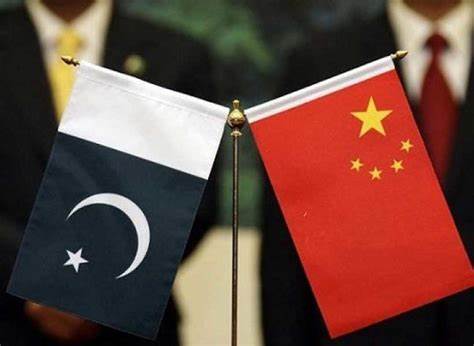On October 10, an international seminar titled “Belt and Road Initiative: A Gateway towards Regional Connectivity” took place in Islamabad, aimed at educating students about regional collaboration facilitated by the Belt and Road Initiative (BRI). Experts provided insights into China-Pakistan Economic Corridor (CPEC) joint ventures, discussing various aspects such as innovation, technology, the Digital and Maritime Silk Roads, infrastructure, and people-to-people connectivity.
Prof Dr. Ali Imtiaz, an Associate Professor at Bahria University, highlighted how the BRI represents China’s efforts to enhance global trade and connectivity, emphasizing the role of innovation and joint technology in connecting the world. He also discussed the readiness of the BRI community to embrace advanced technologies like nanotechnology, quantum computing, big data, and 5G.
Prof. Li Huailiang from the Communication University of China emphasized China’s commitment to fostering economic cooperation and infrastructure development, promoting collaboration among nations along the extensive BRI routes. He noted the international support garnered by the BRI.
Khalid Taimur Akram, the Executive Director of PRCCSF, stated that the BRI reflects China’s dedication to global diplomacy through expanded cooperation. He highlighted China’s approach of coexistence and respect for diverse cultures, aiming to avoid dominance or cultural imposition.
The experts underlined that the BRI extends beyond bilateral agreements, fostering trilateral and multilateral collaborations with a focus on connectivity.
Students, like Hamail Tahir from Bahria University Islamabad, praised such seminars for deepening the understanding of China-Pakistan bilateral relations and dispelling misconceptions perpetuated by Western media.
The seminar, with over 100 student attendees, was jointly organized by Bahria University Islamabad and the Pakistan Research Centre for a Community with Shared Future (PRCCSF) in collaboration with the Embassy of the People’s Republic of China.

















